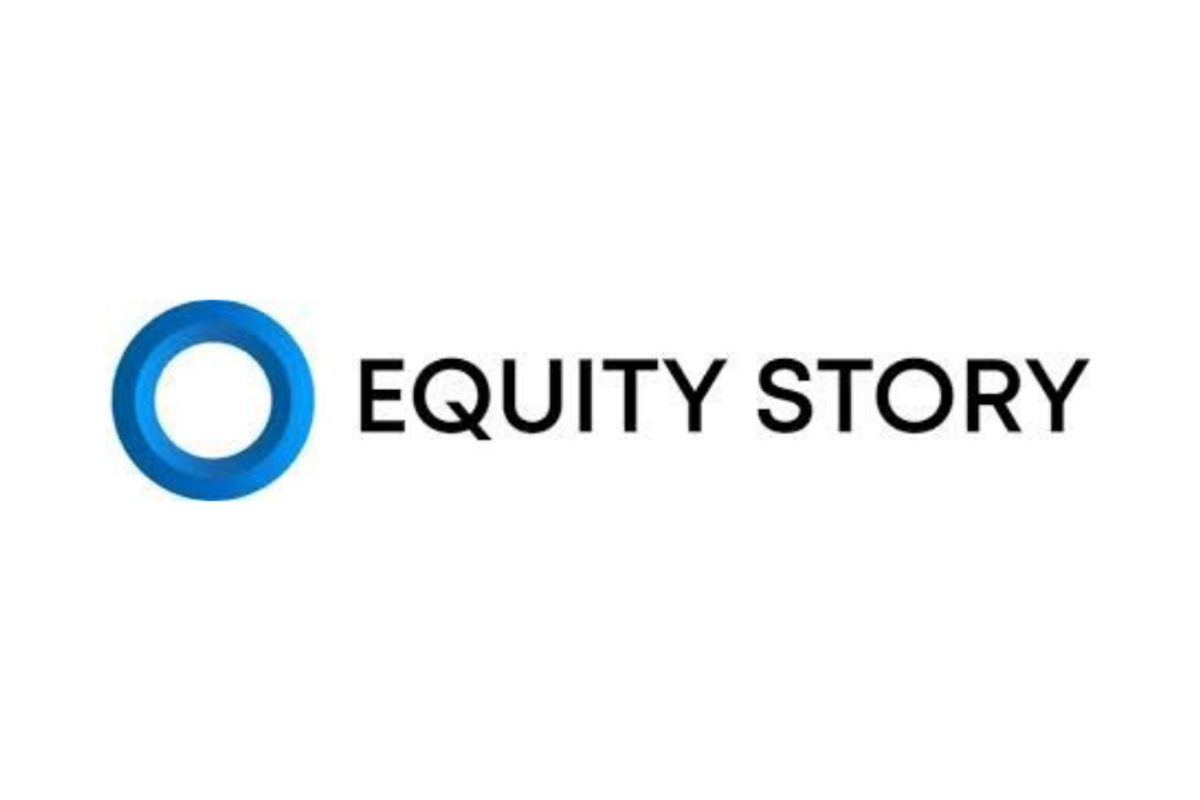
February 27, 2025
The Board of Equity Story Group Ltd (ASX: EǪS) ("Equity Story" or "the Company") is pleased to announce that Capital Haus Pty Ltd has acquired an 11.6% strategic stake in the Company at 2.6 cents per share, aligning with the last traded price on the ASX.
Capital Haus, a wealth management firm with offices in Australia, Dubai (U.A.E.) and Switzerland, specialises in tailored investment solutions for high-net-worth individuals, family offices, endowments, institutions, and foundations. Their collaborative approach focuses on developing lasting partnerships and providing comprehensive financial strategies.
As part of this strategic investment, Mr. Brendan Gow, Founder and Managing Director of Capital Haus, has joined the Equity Story Board as an Executive Director responsible for Operations. Mr. Gow brings over 17 years of global experience in wealth and financial management, having worked in Australia and the Middle East. He is recognised for his innovative approach to asset management and is a regular contributor to financial publications, including Yahoo Finance and Forbes.
Shane White, CEO of Equity Story, stated:
"This is an exciting and pivotal moment for Equity Story. Capital Haus’ investment represents far more than financial backing—it is a strategic alignment with a progressive global wealth management innovator that shares our vision of empowering investors with knowledge, comfort and choice. Brendan’s deep expertise and extensive international network will be invaluable as we accelerate our expansion. We are quite pumped about the strategic initiatives we are developing together. This is just the beginning of a transformative period for Equity Story, and we look forward to sharing more milestones with our shareholders."
Equity Story and Capital Haus will collaborate on new strategic initiatives to comprehensively support clients, members, and shareholders.
Mr. Gow’s remuneration for his executive position will be $104,000 per year subject to performance-based metrics (company revenue, funds under management and clients) assessed and reviewed quarterly.
As previously announced, Equity Story recently appointed a new Chairman, Mr. Ross Landles, and entered a new licencing partnership. Equity Story sees the collaboration with Capital Haus as another substantive step in its growth and expansion strategy.
Brendan Gow, Founder G Managing Director of Capital Haus, commented:
"Capital Haus is delighted to become a strategic investor in Equity Story. The Company’s growth opportunities, innovative approach to investor education, and expanding wealth management services align perfectly with our philosophy of delivering high-quality, tailored financial solutions. Our shared commitment to enhancing investor access to high-quality financial tools and opportunities will drive long-term value for our clients and shareholders. I am excited to join the Board and contribute to the next chapter of Equity Story’s success."
Capital Haus will be issued with 19,230,770 shares voluntary escrowed for 12 months from issue for the consideration of $500,000.02, utilising the Company’s placement capacity under ASX Listing Rule 7.1 (5,341,075 shares) and 7.1A (13,889,695 shares), together with 12,820,513 options with an exercise price of 5 cents, expiring on 19 December 2026. The options are subject to shareholder approval and the shares are expected to be issued on Monday, 3 March 2025. Funds from the placement will be used to expand the Company’s wealth management service offering and general working capital.
Click here for the full ASX Release
This article includes content from Equity Story Group Limited, licensed for the purpose of publishing on Investing News Australia. This article does not constitute financial product advice. It is your responsibility to perform proper due diligence before acting upon any information provided here. Please refer to our full disclaimer here.
The Conversation (0)
03 February
Auto Finance Veteran and Former Tesla National Lease Partner Launches AmeriTrust Financial to Fill Used-Car Leasing Gap
AmeriTrust's platform is the first to deliver side-by-side loan and lease decisions from a single retail application, with live-inventory calculators that enable lower payments on shorter terms. AmeriTrust Financial, an independent automotive finance company, today announced the launch of a... Keep Reading...
15 January
AmeriTrust Announces Closing of Second and Final Tranche of Brokered Offering
Not for distribution to U.S. Newswire Services or Dissemination in the United States TORONTO, ONTARIO / ACCESS Newswire / January 15, 2026 / AmeriTrust Financial Technologies Inc. (TSXV:AMT)(OTCQB:AMTFF)(Frankfurt:1ZVA) ("AmeriTrust", "AMT" or the "Company"), a fintech platform targeting... Keep Reading...
23 December 2025
AmeriTrust Announces Closing First Tranche of Brokered Offering for $36,187,200
Not for distribution to U.S. Newswire Services or Dissemination in the United States TORONTO, ONTARIO / ACCESS Newswire / December 23, 2025 / AmeriTrust Financial Technologies Inc. (TSXV:AMT)(OTCQB:AMTFF)(Frankfurt:1ZVA) ("AmeriTrust", "AMT" or the "Company"), a fintech platform targeting... Keep Reading...
24 November 2025
Canada’s Big Open Banking Move: Unlocking Consumer Control and Financial Innovation
In its 2025 federal budget, the Canadian government lays out a bold blueprint to foster competition, innovation and inclusion in the financial sector by accelerating open banking adoption. With the Big Six banks holding 93 percent of banking assets, this consumer-driven reform aims to dismantle... Keep Reading...
Latest News
Interactive Chart
Latest Press Releases
Related News
TOP STOCKS
American Battery4.030.24
Aion Therapeutic0.10-0.01
Cybin Corp2.140.00

